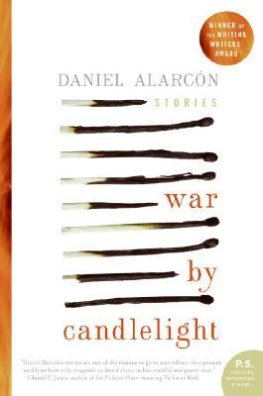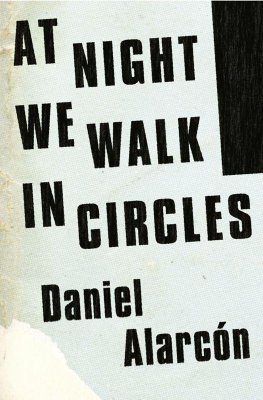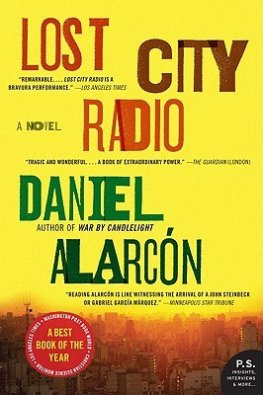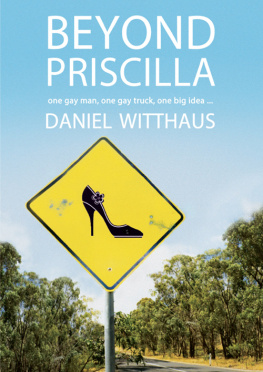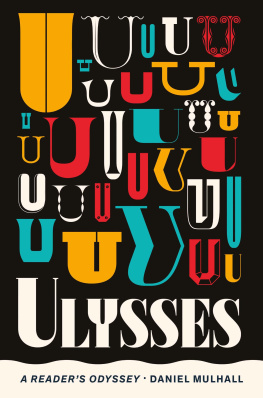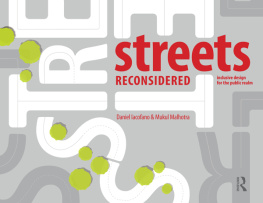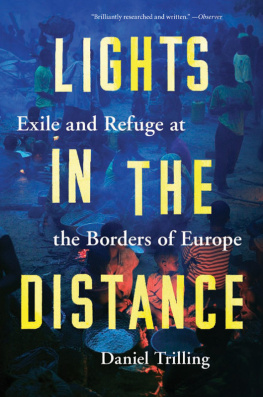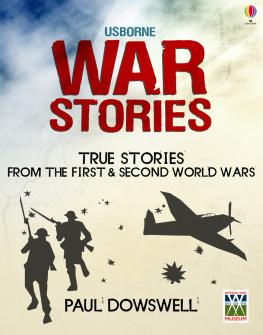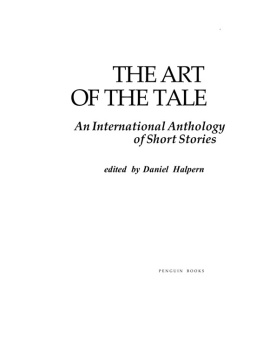Daniel Alarcon
War by Candlelight: Stories
For Renato, Graciela, Patricia, and Sylvia:
mi familia y mis mejores amigos
And theyve opened your sides to cover their stench
And theyve beaten you because you are always stone
And theyve thrown you to the abyss so as not to hear
your voice of fire
And theyve wounded you
And theyve killed you
And so
theyve abandoned you like an animal
like the king of any desert
except this one
CARLOS VILLACORTA, In Your Kingdom
I was fourteen when the lagoon spilled again. It was up in the mountains, at the far edges of our district. Like everything beautiful around here, no one had ever seen it. There was no rain, only thick clouds to announce the coming flood. Then the water came running down the avenue, pavement glistening, taking trash and rock and mud with it through the city and toward the sea. It was the first flood since Lucas had been sent to the University, a year into a five-year bid for assault. The neighborhood went dark and we ran to the avenue to see it: a kind of miracle, a ribbon of gleaming water where the street should have been. A few old cars were lined up, their headlights shining. Street mutts raced around us, barking frantically at the water and the people and the circus of it. Everyone was out, even the gangsters, everyone barefoot and shirtless, moving earth with their hands, forming a dike of mud and rock to keep the water out. Across the avenue those kids from Siglo XX stared at us like they wanted something. They worked on their street and we worked on ours.
Watch them, Renn said. He was my best friend, Lucass younger brother. Over in Siglo XX they still had light. I could taste how much I hated them, like blood in my mouth. I wouldve liked to burn their whole neighborhood down. They had no respect for us without Lucas. Theyd beat you with sticks and pipes. Theyd shove sand in your mouth and make you sing the national anthem. The week before, Siglo XX had caught Renn waiting for a bus on the wrong side of the street. Theyd taken his ball cap and his kicks, left his eye purple and swollen enough to squint through.
Buses grunted up the hill against the tide, honking violently. The men moved wooden boards and armloads of bricks and sandbags, but the water kept coming. Our power came on, a procession of lights dotting the long, sinking slope toward the city. Everyone stopped for a moment and listened to the humming water. The oily skin of the avenue shone orange, and someone raised a cheer.
In the half-light, Renn said he saw one of the kids that got him. He had just the one good eye to see through. Are you sure? I asked.
They were just silhouettes. The flood lapped at our ankles, and the work was fierce. Renn was gritting his teeth. He had a rock in his hand. Hold it, he said.
I felt its weight and passed it to Choch. We all agreed it was a good rock.
Renn threw it high over the avenue. We watched it disappear, Renn whistling the sinking sound of a bomb falling from the sky. We laughed and didnt see it land.
Then Siglo XX tore across the avenue, a half dozen of them. They were badass kids. They went straight for our dike and wrecked it. It was a suicide mission. Our old men were beating them, then the gangsters too. Arms flailed in the dim lights, Siglo XX struggling to break free. Then their whole neighborhood came and then ours and we fell into the thick fight of it, that inexplicable rush, that drug. We spilled onto the avenue and fought like men, side by side with our fathers and our brothers against their fathers and their brothers. It was a carnival. My hands moved in closed fists and I was in awe of them. I pounded a kid while Choch held him down. Renn swung his arms like helicopter blades, grinning the whole time, manic. We took some hits and gave some and swore inside we lived for this. If Lucas could have seen us! The water spilled over our broken dike but we didnt care. We couldnt care. We were blind with happiness.
We called it the University because its where you went when you finished high school. There were two kinds of prisoners there: terrorists and delinquents. The terrucos answered to clandestine communiqus and strange ideologies. They gathered in the yard each morning and did military stretches. They sang war songs all day and heckled the young guards. The war was more than ten years old. When news came of a successful attack somewhere in the city, they celebrated.
Lucas was more of a delinquent and so behaved in ways that were easier to comprehend. A kid from Siglo XX caught a bad one and someone said they saw Lucas running across the avenue back to our street. That was enough for five years. He hadnt even killed anyone. They lightened his sentence since hed been in the army. Before he went in, he made us promise wed join up when we were old enough. Best thing I ever did, he said. We spoke idly of things wed do when he got out, but our street was empty without him. People called us Diablos Jr. because we were just kids. Without Lucas, the gangsters hardly acknowledged us, except to run packages downtown, but that was only occasionally.
Only family was allowed to visit prisoners, but the first time, about a year before the flood, we went with Renn anyway. To keep him company, I suppose, or to gaze at those high walls. We had no older brothers except for Lucas, no one we respected the way we respected him. We thought of Renn as lucky. He could call Lucas blood.
The University was sunk between two dry burnt hills and surrounded by teeming shanties. The people there lived off smuggling weed and coke inside. Everyone knew this, which is why it was one of the safest parts of the city back then. Choch and I waited outside and smoked cigarettes, looking up at the dull ashen sky. Every half hour or so a guard told us to move out a little farther. He looked uncomfortable with his gun, a little scared. Choch saluted him, called him Captain.
We talked and smoked and the sky cleared, giving way to bright sun. The third time the guard shooed us away Choch lit a smoke and offered it to him. Choch was like that, friendly in his way, though he didnt look it. I knew him well enough to know silence made him nervous. Come on, friend, Choch said. Were good kids.
The guard frowned. He checked the cigarette over suspiciously and then took a deep drag. He looked around to make sure no one had seen him.
Choch cupped a hand over his eyes. Our boy is in there visiting his older brother, he said.
The guard nodded. His uniform looked like it could have been his fathers: a drab, faded green, too big in the shoulders. Terruco? he asked.
No, we said together.
Those people dont deserve to live.
We nodded in agreement. Its what Lucas had always told us.
Weve got them by the balls, the guard said matter-of-factly.
Really? Choch asked.
Lucas was in the army, I offered. Like you.
And hes in there on some bullshit.
The guard shrugged. What can you do?
We were quiet for a moment, then Choch coughed. That gun works? he asked, pointing at the guards sidearm.
Yeah, he muttered, blushing. It was clear hed never used it.
Tell a joke, Choch, I said, so the guard wouldnt be embarrassed.
Choch smiled, closed his eyes for a second. Okay, he said, but its an old one. He looked back and forth between us. Listen: two soldiers downtown. Almost midnight, a few minutes before curfew and they see a man hurrying home. The first soldier checks his watch. Hes got five minutes, he says. The second soldier raises his gun and shoots the man dead.
I felt a smile welling up inside me. In the sun, Choch gleamed like a polished black stone.
Whyd you shoot him? the first soldier says. He had five minutes! He lives on my street, the other one says. He wont make it in time.

